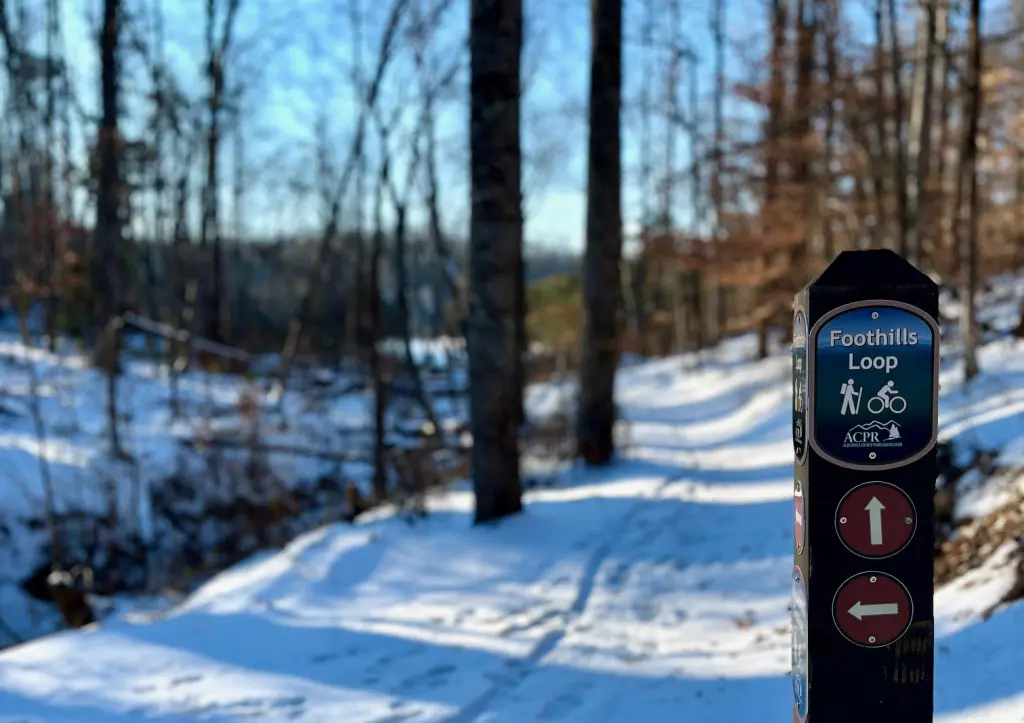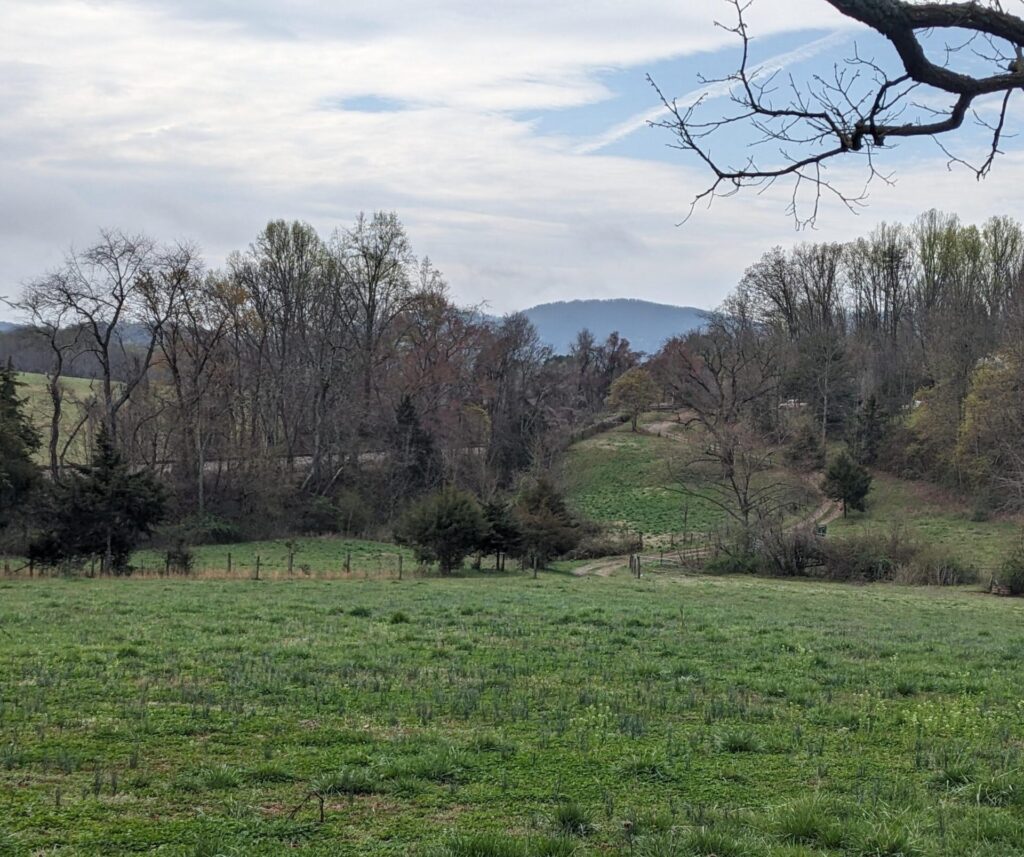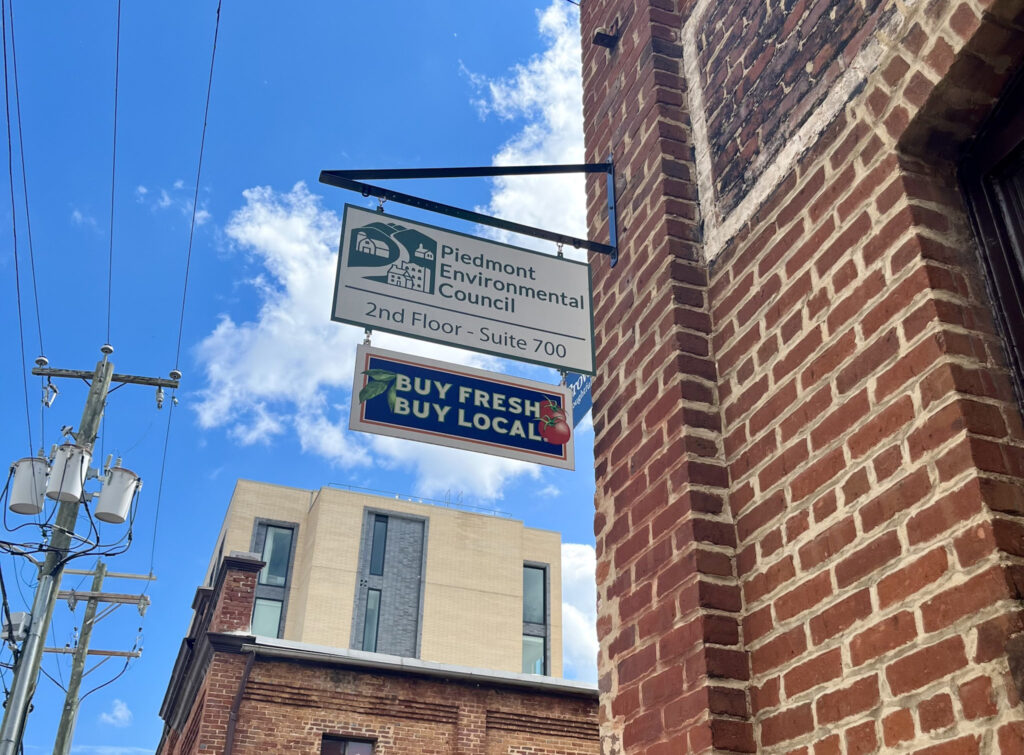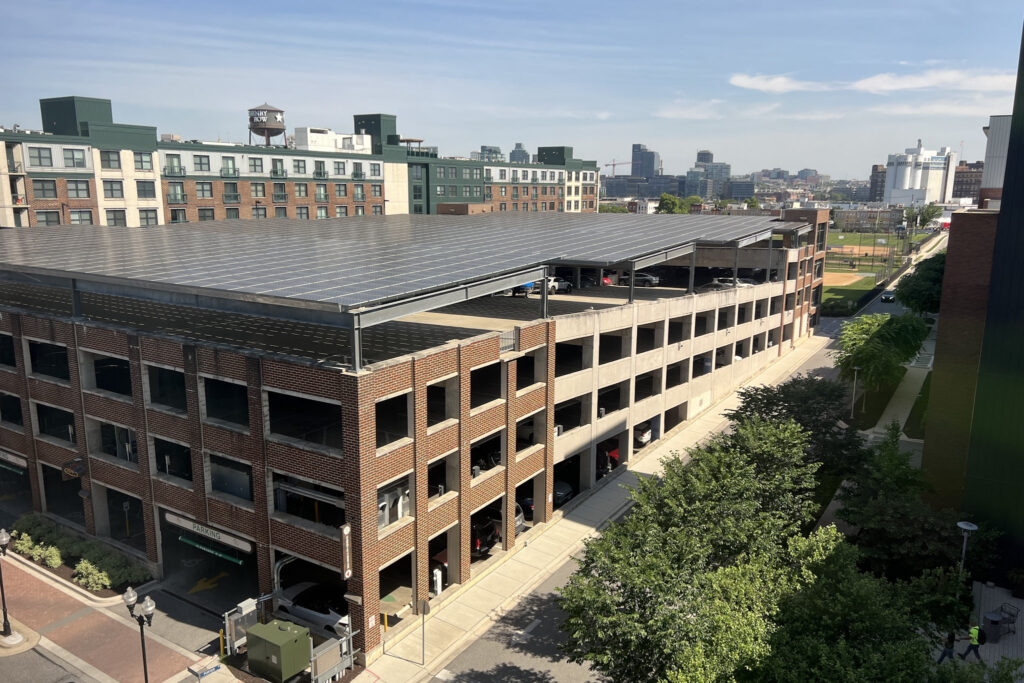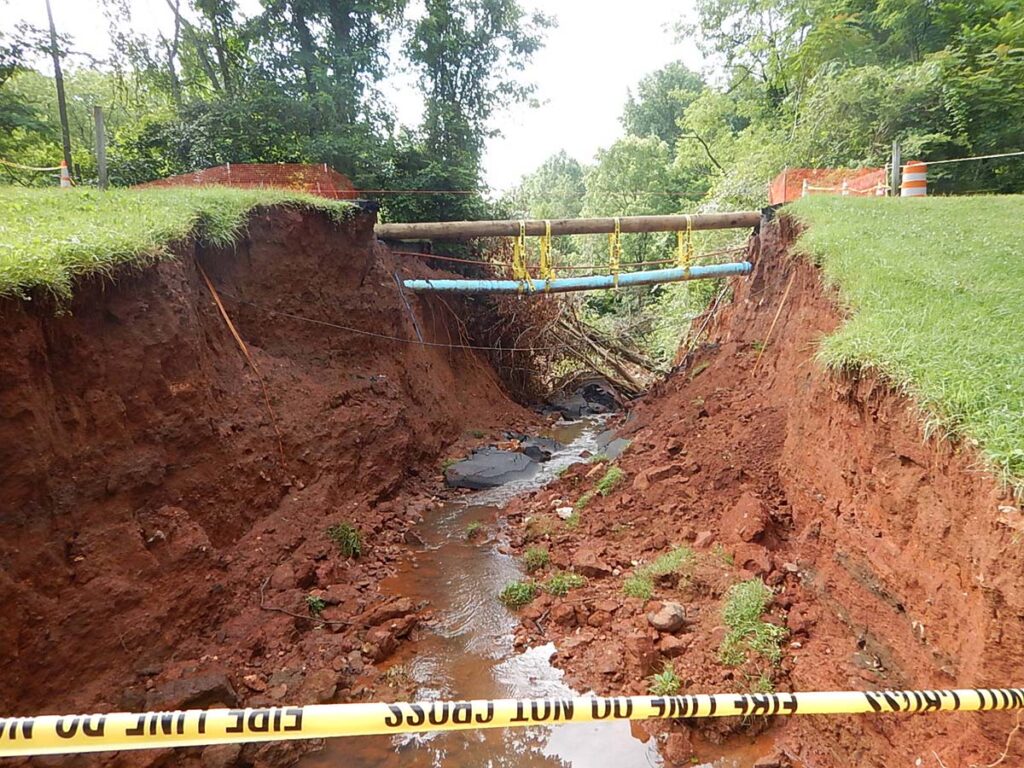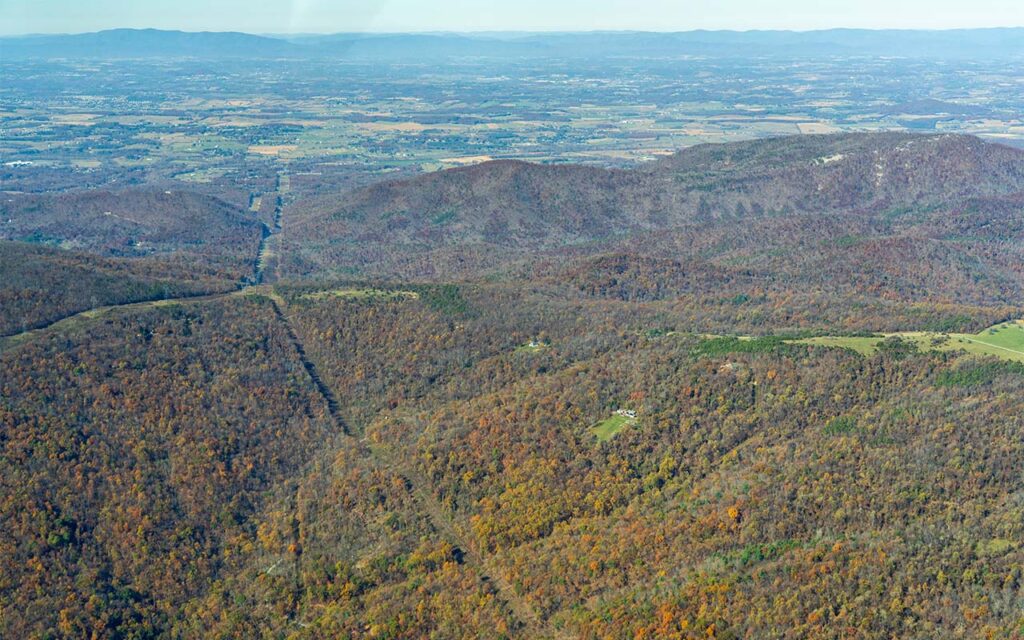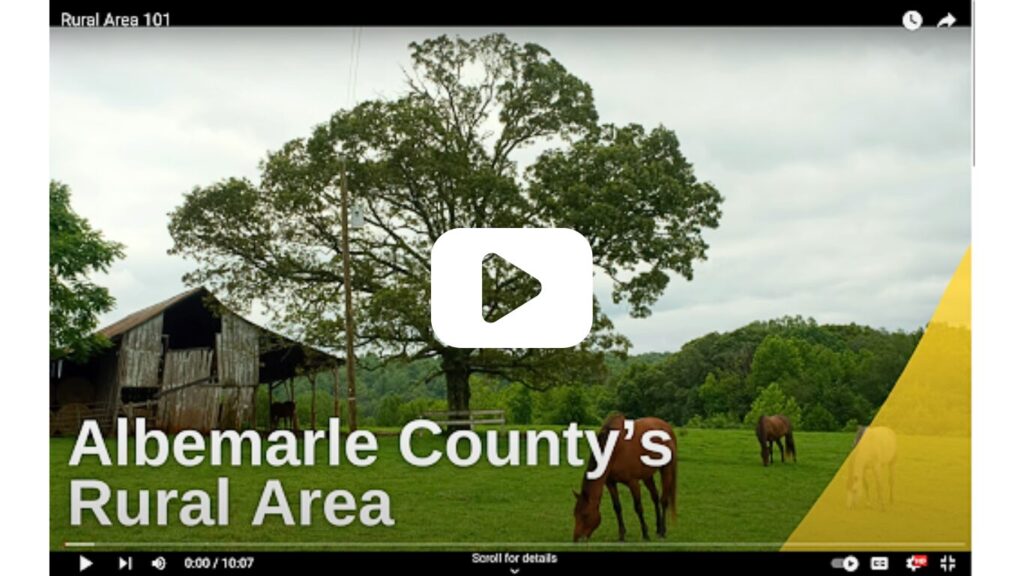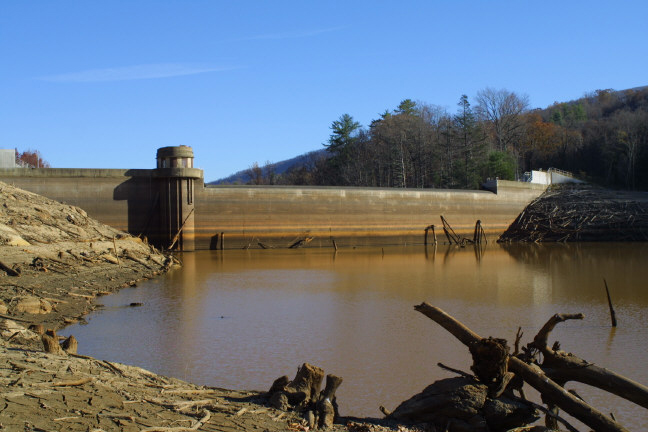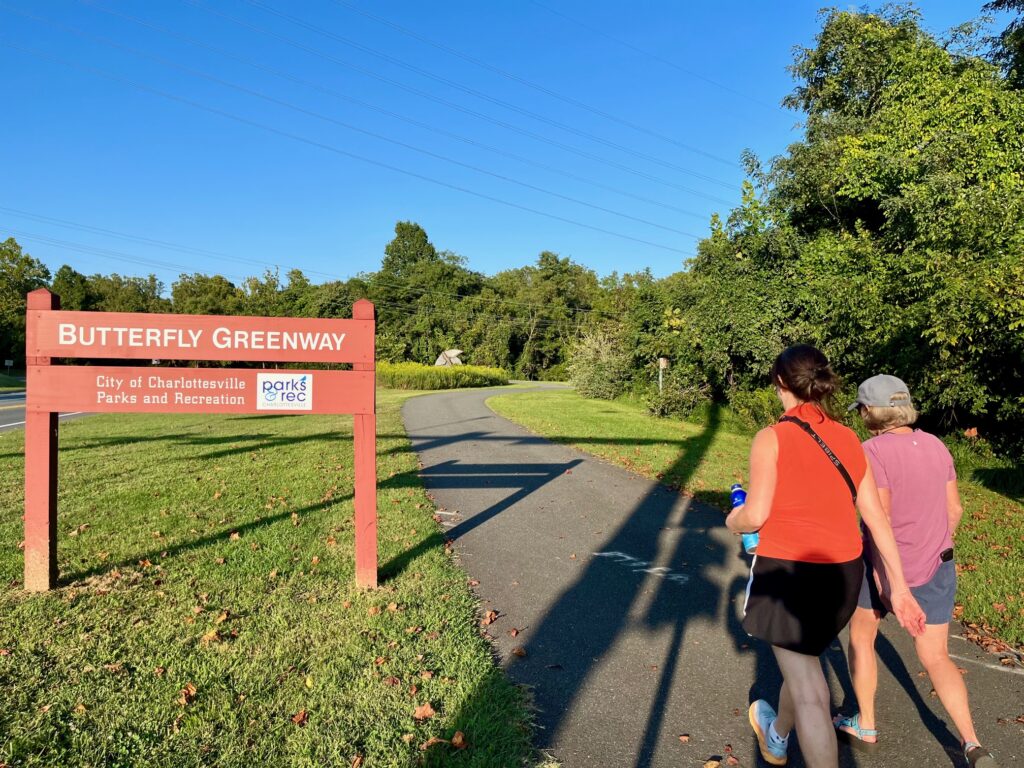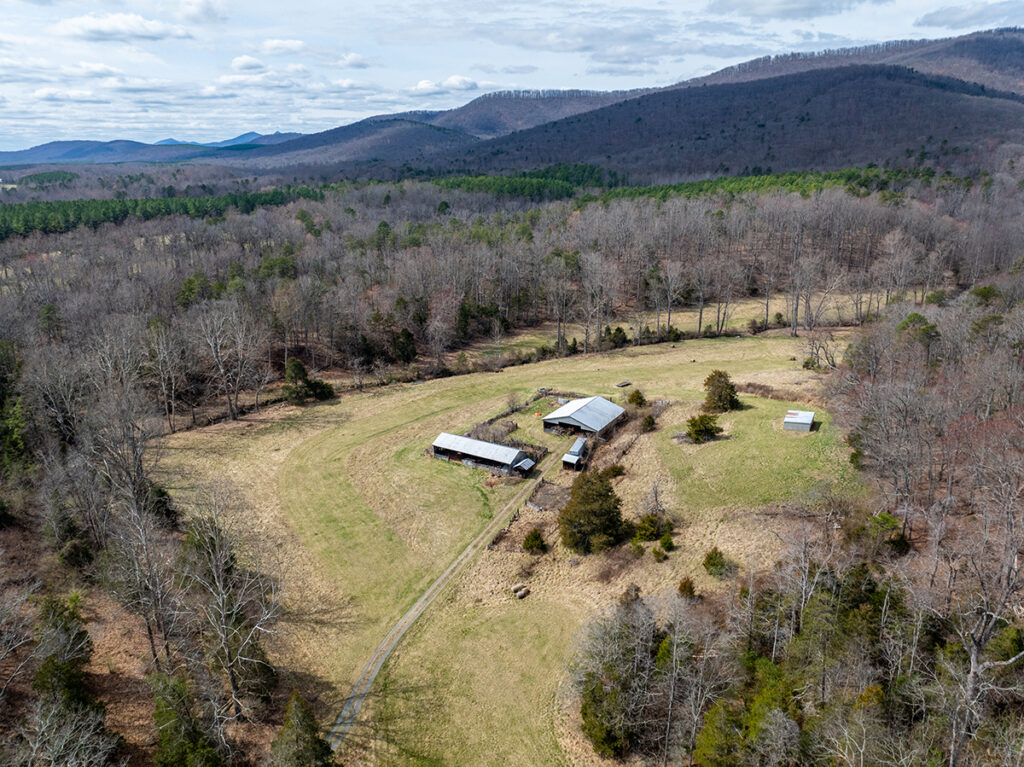This text was taken from an email sent Feb. 7, 2025. Sign up for email alerts →

Thus far in the Albemarle Comprehensive Plan update process, there has been limited discussion about the County’s focus on growing the defense intelligence and biotech/biomedical economic sectors, despite their potential for impacts on the environment and current and future residents’ quality of life.
Therefore, we encourage you to take the Economic Development Strategic Plan Questionnaire by this Tuesday, Feb. 11 at 5 p.m. in order to have your feedback considered while decisions are being made. Current and proposed projects include the County’s Rivanna Futures initiative proximate Rivanna Station, where the federal National Ground Intelligence Center, the Defense Intelligence Agency, and the National Geospatial-Intelligence Agency are located and the growing biotech sector centered at the UVA Manning Biotech Institute. Read on for more on economic development in the County, plus an update on upcoming AC44 meetings.
The Thriving Economy chapter of the AC44 comprehensive Plan update will eventually address the County’s economic development policies, goal statement, objectives, and actions and will be reviewed during future Planning Commission and Board of Supervisors work sessions this year. But we want to ensure AC44 doesn’t leave the following questions unanswered:
- Will the County address not just the beneficial impacts of growing these and other economic sectors, but also avoiding, minimizing, and mitigating potential transportation, land use, energy, environmental, and climate-related adverse impacts?
- Are there sufficient appropriately zoned parcels in the current Development Areas that can accommodate the projected growth of these sectors over the next twenty years?
- How will the growth of these sectors impact housing availability and affordable housing?
Economic Development in Albemarle
The Albemarle County Economic Development Office is in the process of developing a Strategic Plan to examine the County’s assets and prioritize the actions that will most effectively support the County’s economy. The Strategic Plan will serve as a guide for maximizing the community benefit of economic development activities. PEC is the only environmental advocacy organization serving on the Strategic Plan stakeholders committee. Project Enable is the current strategic plan, which advocates for supporting the initiatives below.
The Economic Development Office has released a survey asking residents for their opinions on how the local economy could improve and economic development priorities. We encourage you to share your thoughts in the survey, in particular on Question 6: “What are potential areas of improvement for the County’s economic development initiatives?” PEC is advocating for intentional planning to identify and address potential impacts of economic development to the area’s transportation, land use, quality of life, taxes, housing and affordability, schools, infrastructure such as utilities, and climate. Currently, we don’t see this addressed in the AC44 Comprehensive Plan process.
This underscores the importance of asking the County to consider undertake an assessment of potential impacts of economic development–beneficial and adverse–and to develop AC44 Comprehensive Plan policies to address potential impacts.
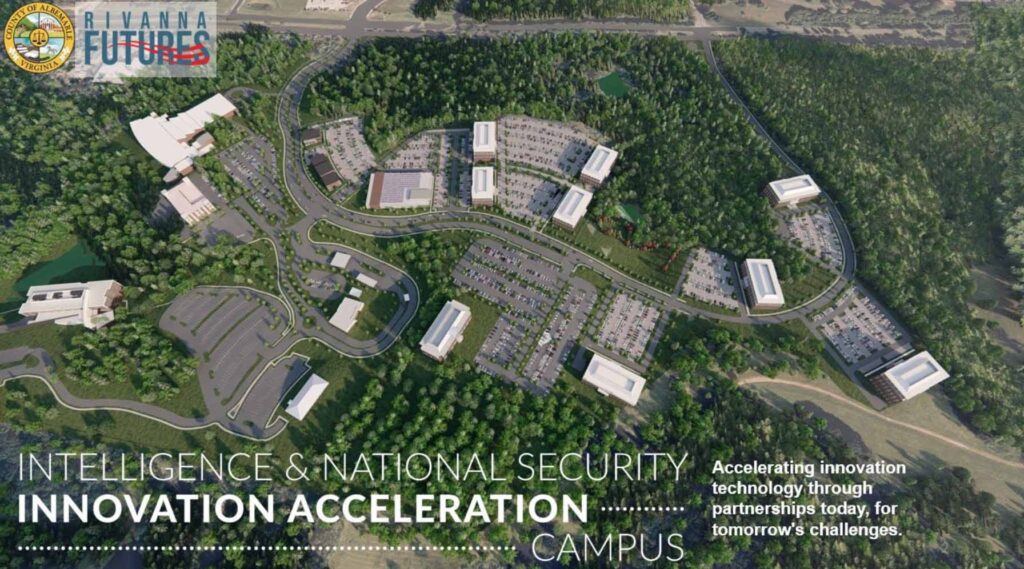
Albemarle County’s Rivanna Futures
In fall 2024, Albemarle County acquired 462 acres of land along the east side of Route 29 North adjacent to Rivanna Station, the home of three federal defense intelligence agencies, with the dual goal of retaining those Department of Defense installations and expanding the private defense sector in the community – called Rivanna Futures. Rivanna Futures has been described as the catalyst for a Silicon Valley at the onset along U.S. 29 North, part of a proposed Defense/Intelligence Innovation Corridor extending along U.S. 29 from Fauquier County to Charlottesville.
An initiative with such goals will most certainly have land use, transportation, and infrastructure implications for the County and its residents, especially for the eight-mile stretch of U.S. 29 from Rivanna Station up to north of Ruckersville in Greene County where two new technology and research and development districts are located.
UVA’s Manning Biotech Institute
Ground has been broken at UVA’s Fontaine Research Park for a building to house the Paul and Diane Manning Institute of Biotechnology. This new facility will serve as a catalyst for innovation and to stimulate collaboration throughout the state by bringing together world class researchers in biotechnology. The UVA facility, along with biotech, life sciences, and pharmaceutical manufacturing facilities at Virginia Tech, VCU, and Old Dominion University, will form a collaborative network branded by Governor Youngkin as Virginia’s Research Triangle. The Manning Biotech Institute will also serve a critical role in catalyzing the Charlottesville/Albemarle region’s growing biotech economic cluster supported by the non-profit CvilleBioHub, a non-profit an organization of well over 75 regional companies.
Looking Ahead in AC44
The Planning Commission and then the Board of Supervisors will be reviewing the draft Parks, Recreation, and Open Space chapter during work sessions Tuesday, Feb. 11, and Wednesday, Feb. 19, respectively. There will also be an additional Board of Supervisors work session Wednesday, Feb. 12, to address updated draft Rural Area Land Use and draft Development Areas Land Use chapters, and an updated Growth Management Policy. These updated chapters will incorporate past review comments by the Planning Commission and the Board of Supervisors.
PEC will of course be paying attention to those work sessions, in addition to a planned future Board of Supervisors discussion specifically focused on the value of conservation easements – a discussion aligned with our earlier concerns about the County’s AC44 proposal to explore a cap on conservation easements. We will continue to highlight land conservation’s impact as a natural climate solution and how investment in land conservation works for the public good providing critical benefits like flood protection and clean drinking water to our community.
Upcoming AC44 Comp Plan Update Dates
- Tues., Feb. 11: AC44 Planning Commission Work Session: Draft Parks & Recreation Chapter
- Wed., Feb. 12: AC44 Board of Supervisors Work Session: Rural Area Land Use, Development Areas Land Use & Growth Management Policy
- Wed., Feb. 19: AC44 Board of Supervisors Work Session: Draft Parks & Recreation Chapter
Stay tuned and share this email with those interested in engaging with Albemarle’s future and sign up for the County’s alerts to hear it from them first.
Thank you!
Rob


